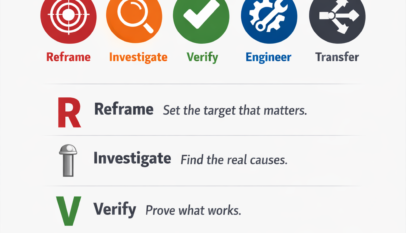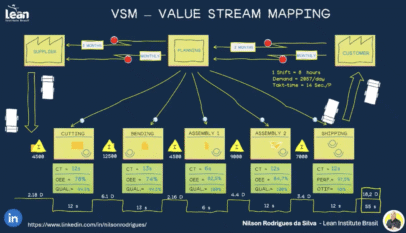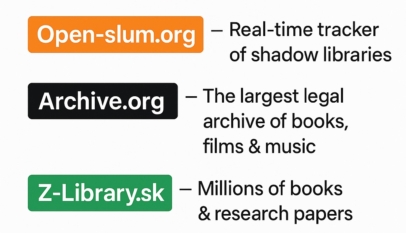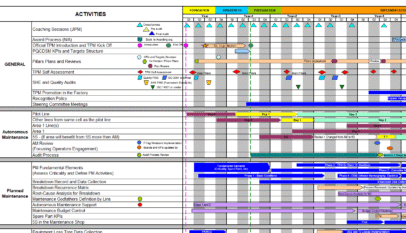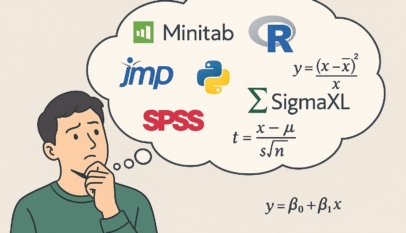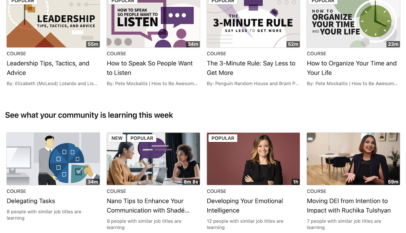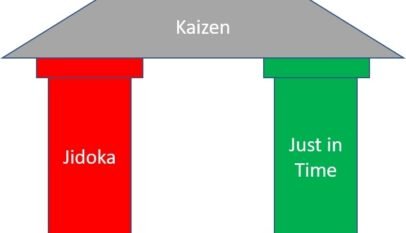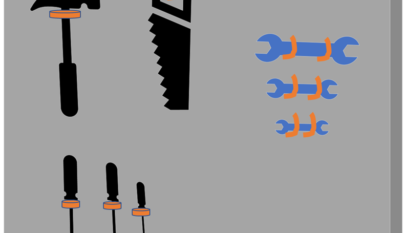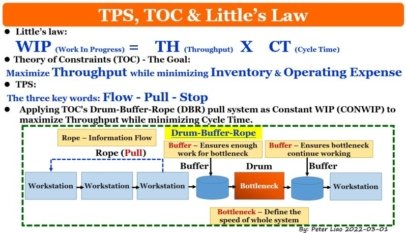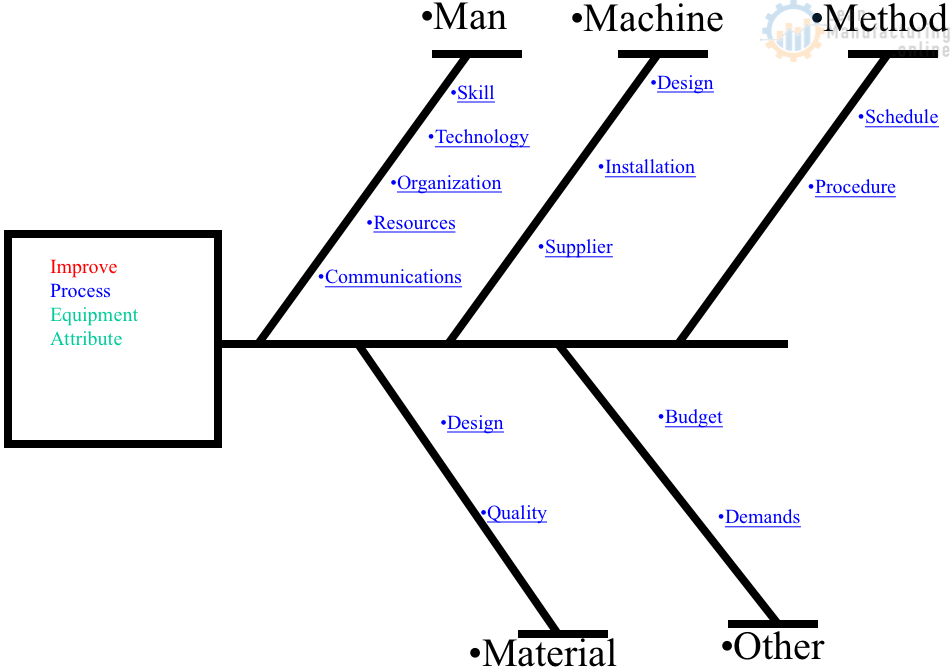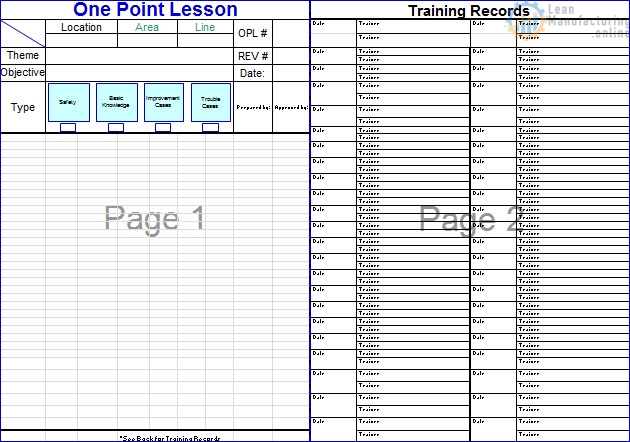Imagine a world where learning is a non-negotiable aspect of the job, where the concept of failure is perceived as an opportunity to grow rather than defeat. That is the world at Toyota, the global automotive leader. This culture of relentless learning has become so integral to the company that it is considered a norm rather than an exceptional approach.
Toyota has a remarkable way of adapting to situations and learning from them. This process involves thoughtful contemplation, embracing and learning from setbacks, continuous adjustment, and persevering until success is achieved. They treat challenges as potential avenues of growth, a trait rarely seen in most corporate cultures.
A common aversion in many workplaces is to the words “problem” or “mistake.” These are often seen as negatives. However, at Toyota, these are growth opportunities. The absence of challenges is seen as a problem, suggesting a lack of understanding or reluctance to face reality.
Toyota’s leadership invests significant efforts to encourage an environment that fosters problem-solving. They create a safe space for employees to voice their concerns and learn from their mistakes.
A technique that Toyota leadership employs involves direct questioning to identify and address problems. By asking something like, “What are your three main challenges right now?” they not only unveil areas that need attention but also assume the existence of issues, promoting open discussion.
Looking outside the automotive world, let’s consider the story of Kikkoman Soy Sauce, detailed in the book “Made in Japan: Akio Morita and Sony,” as an analogy to Toyota’s approach. It didn’t go well when Kikkoman first tried to introduce its soy sauce to the American market. The taste was too different, too foreign. However, instead of withdrawing, Kikkoman learned and adjusted. They stuck to their authentic recipe but adjusted their marketing, eventually becoming a staple in American pantries. Much like Kikkoman, Toyota iteratively learns from its setbacks, reflecting and improving with each step.
Toyota’s success can be attributed to its unique culture and management system, making it a frontrunner in the automotive industry. Their practices have sparked inspiration and emulation in various sectors, from healthcare to technology, evidencing their universal applicability.
While no company is flawless, and Toyota is no exception, the approach to mistakes sets them apart. A punitive response to a mistake is an anomaly at Toyota, contrary to many workplaces where it’s the norm.
Employees at Toyota are conditioned to anticipate constructive feedback rather than punishment when mistakes are made. Any deviation from this is seen as a gap in their culture and a problem that needs to be addressed. This mindset and culture have stood the test of time and geography, making Toyota a leading example of how a learning culture can drive success.

